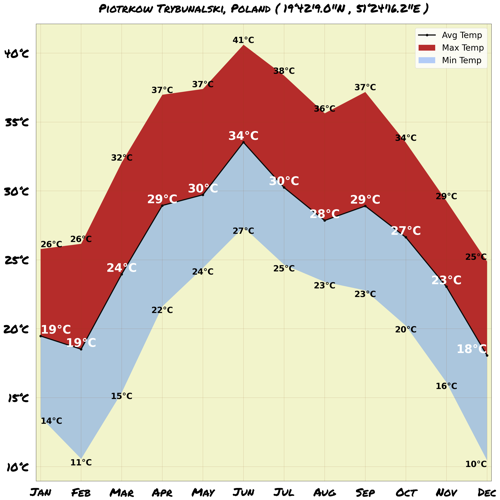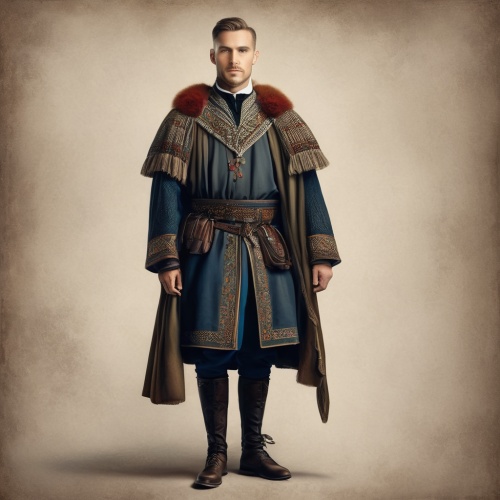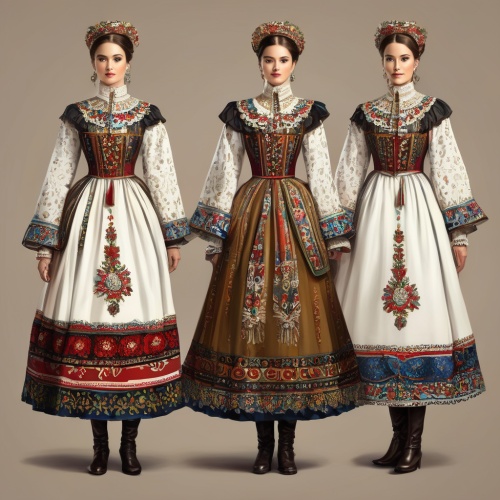Understand
Piotrkow is a city with a rich history and a fascinating past. According to legends, it was founded by a powerful magnate named Piotr Wlostowic in the 12th century. The city gets its name from Peter, which translates to "Piotr" in Polish. Over the years, it has been known by different names in different languages, such as Petrikev in Yiddish, Petrikau in German, and Petrokov in Russian. In the early Middle Ages, Piotrkow was part of the province of Leczyca, owned by the Piast dynasty. Its strategic location and well-connected roads made it an important market town and a place for princes' tribunals. As time went on, it grew into an administrative and political center in Poland. Piotrkow played a significant role in Polish history, hosting assemblies of knights and serving as the venue for general meetings of the Polish Sejm. It was here that the Polish Parliament was given its final structure with the division into Upper House and Lower Chamber. The city was granted civic rights by Prince Wladysaw I the Elbow-high, and its importance continued to grow under the Polish-Lithuanian Commonwealth. However, Piotrkow faced challenges and setbacks in the 17th and 18th centuries, including fires, epidemics, and wars against Sweden. Eventually, it was affected by the Partitions of Poland, which caused a decline in its status. During World War II, Piotrkow became a battleground between the Polish 19th Infantry Division and the German Wehrmacht. It was occupied by Nazi Germany for six years and became the site of the first ghetto for Jews in occupied Poland. The town was liberated by the Soviet Red Army in 1945. After the war, Piotrkow underwent industrial development and regained its importance as an administrative and cultural center. While it was once the capital of its district, it now serves as the capital of Piotrkow County within the Lodz Voivodeship. With a rich historical legacy and a vibrant present, Piotrkow continues to thrive as a city of significance in Poland.








Comments
NO COMMENTS